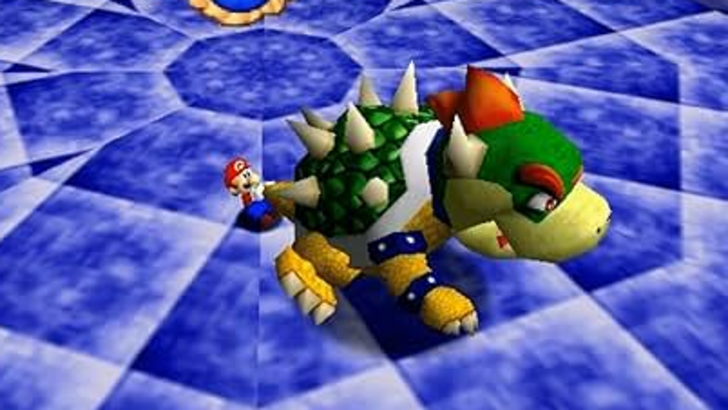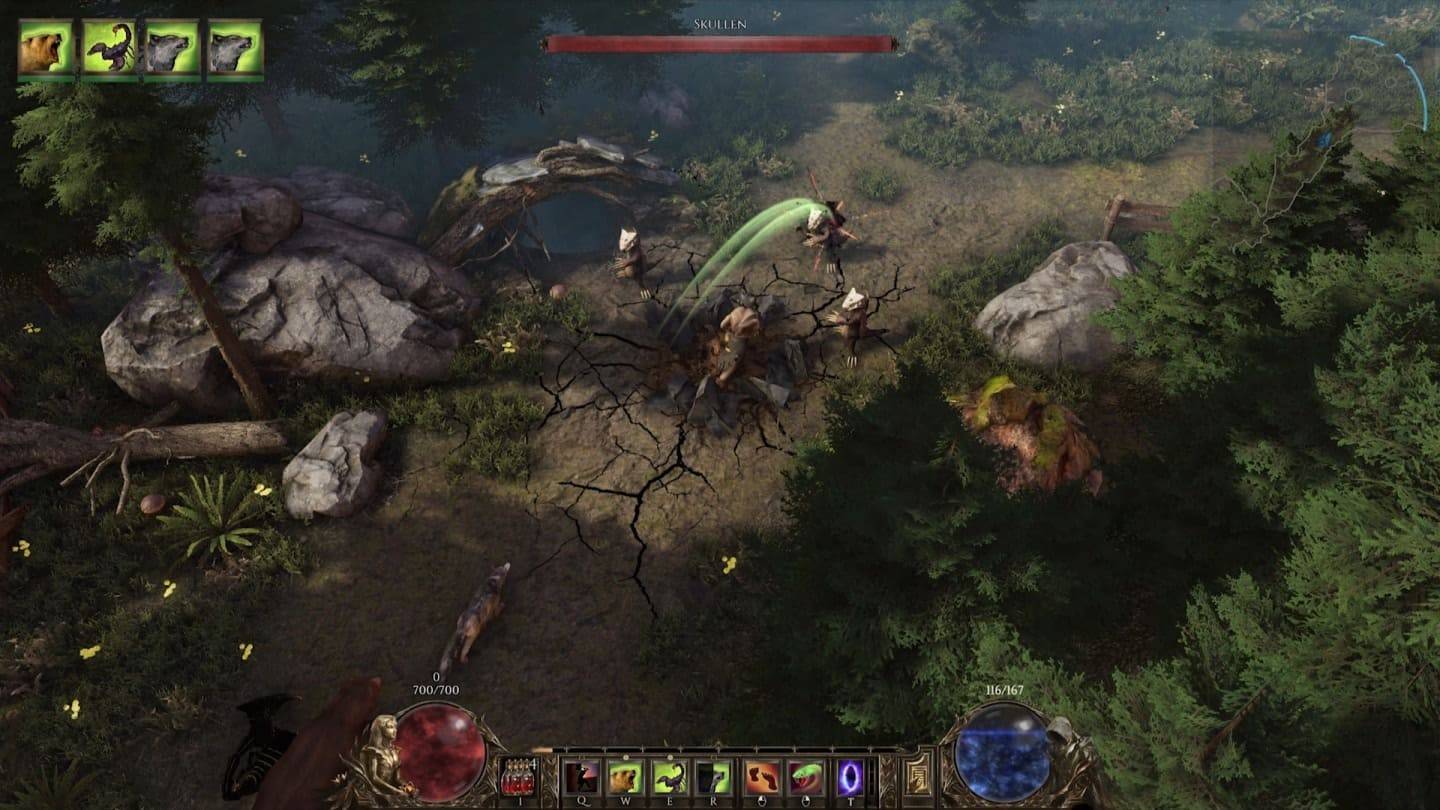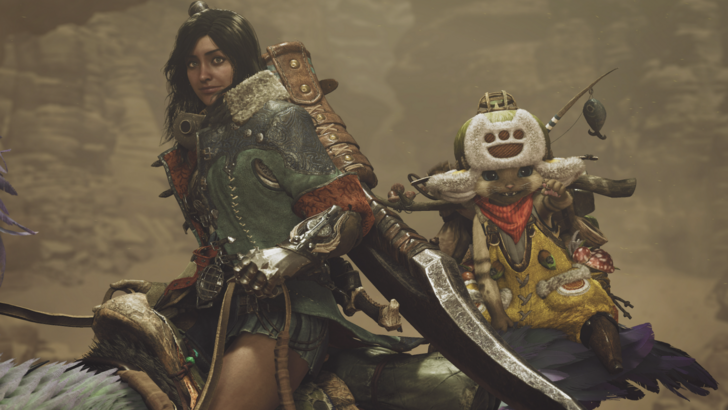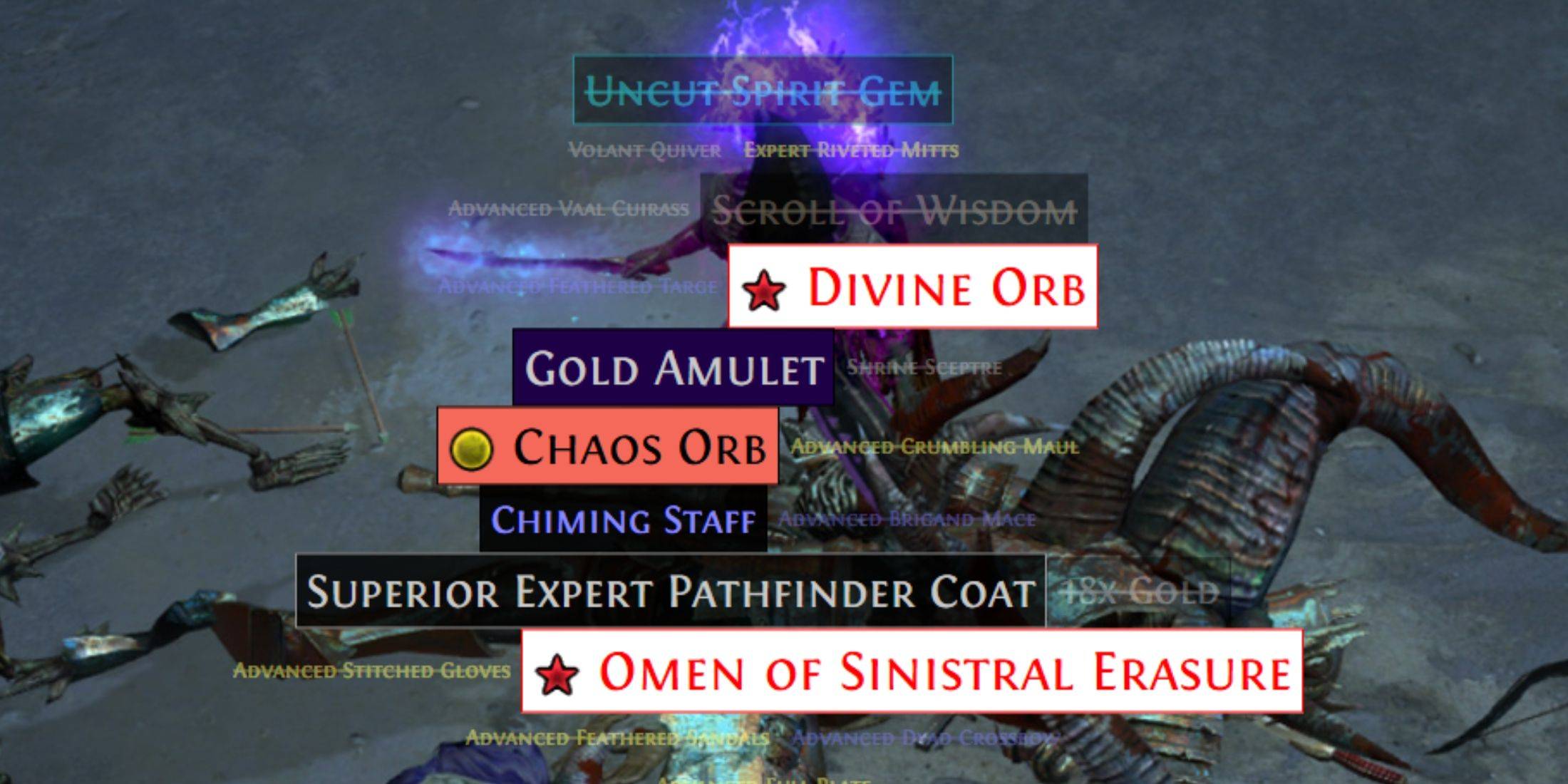Warner Brothers' decision to remove its entire catalog of original Looney Tunes shorts from HBO Max marks a significant shift in the company's content strategy. These iconic shorts, which ran from 1930 to 1969, represent a "golden age" of animation and have been instrumental in shaping Warner Brothers' identity.
The move is part of a broader initiative to focus on adult and family programming, as children's content reportedly does not attract substantial viewership on the platform. This decision underscores a troubling disregard for the cultural significance of the Looney Tunes franchise. For instance, HBO's cancellation of its deal with "Sesame Street" for new episodes at the end of 2024 further illustrates this shift, despite the show's foundational role in childhood education since 1969. While newer Looney Tunes spinoffs remain available, the essence of the franchise has been lost.
This development is particularly poignant given the recent release of "The Day the Earth Blew Up: A Looney Tunes Story" in theaters on March 14. Originally commissioned by Max, the film was sold to Ketchup Entertainment after the Warner Brothers and Discovery merger. With a modest marketing budget, the movie has only grossed slightly over $3 million during its opening weekend across more than 2,800 theaters nationwide.
The timing of these events is curious, especially following the backlash over last year's "Coyote Vs. Acme." Warner Brothers Discovery opted not to release the completed film due to distribution costs, sparking widespread criticism from the animation community. In February, actor Will Forte publicly condemned the decision as "f—king bulls—t," expressing frustration and anger over the choice not to share the film with audiences.
This series of events highlights a challenging period for the Looney Tunes legacy, as fans and creators alike grapple with these significant changes in Warner Brothers' approach to its storied animation catalog.

 Latest Downloads
Latest Downloads
 Downlaod
Downlaod



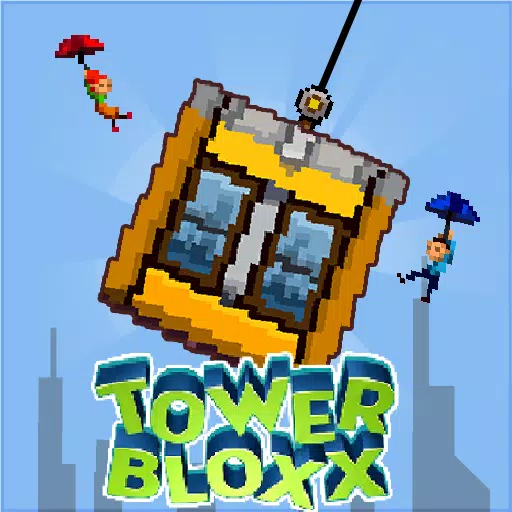
 Top News
Top News